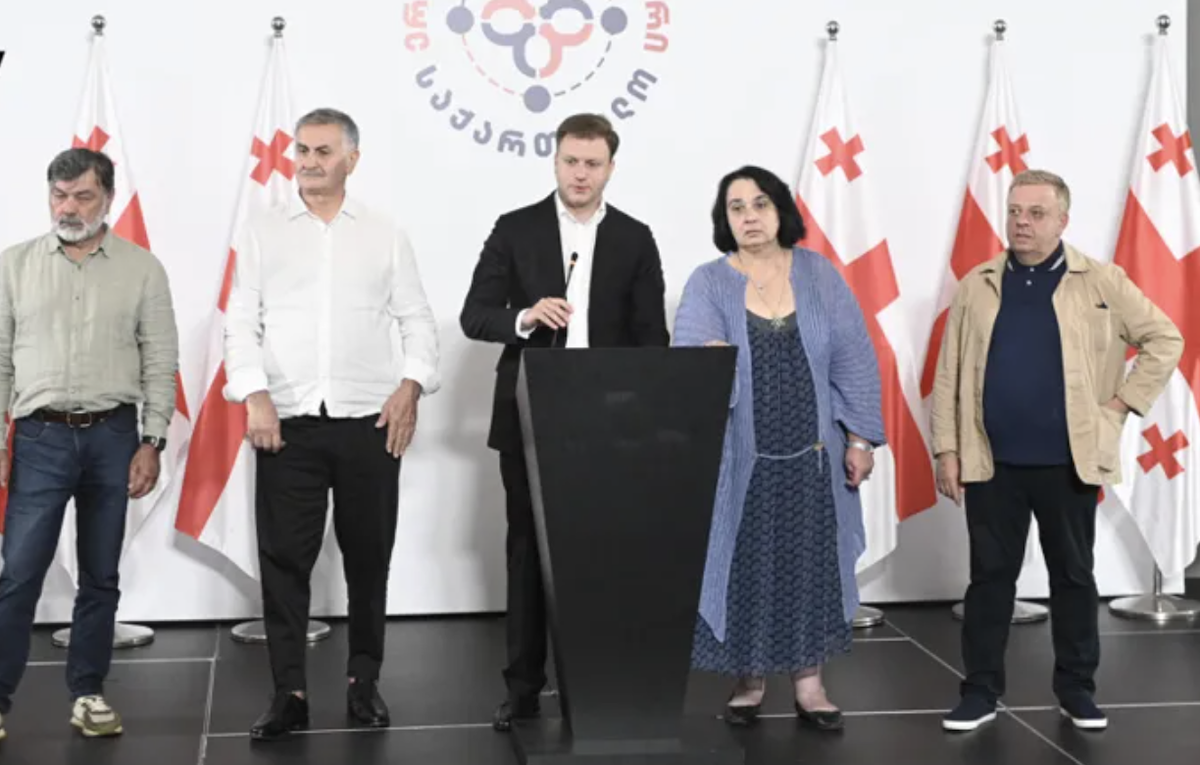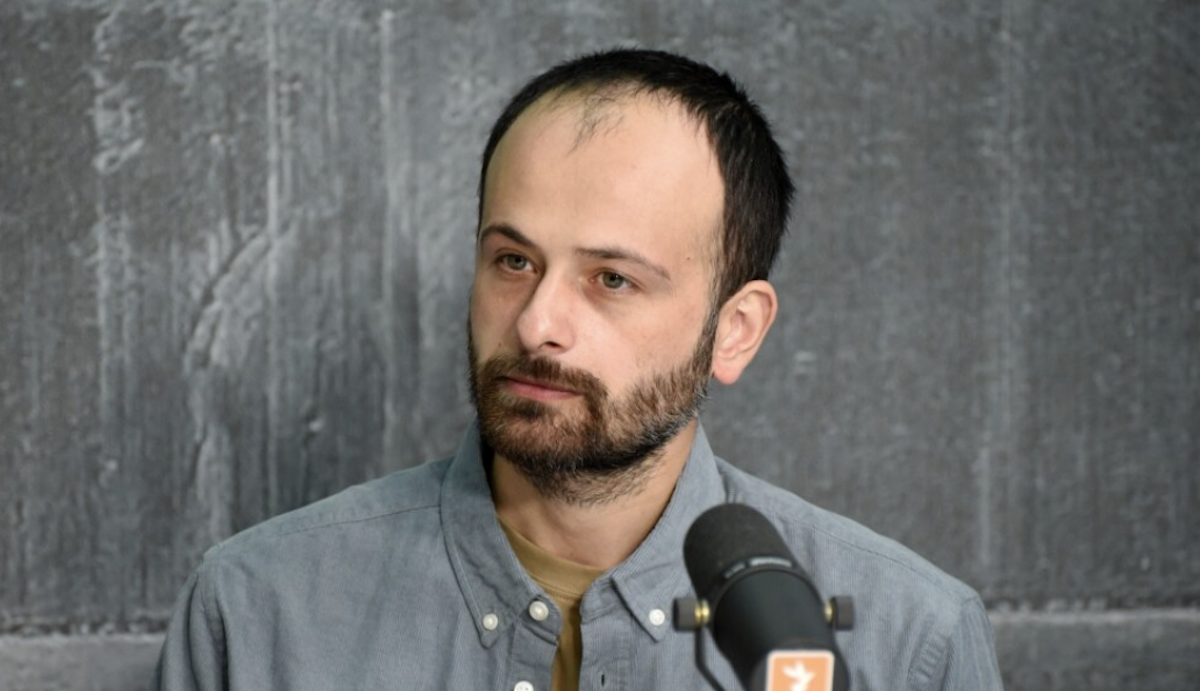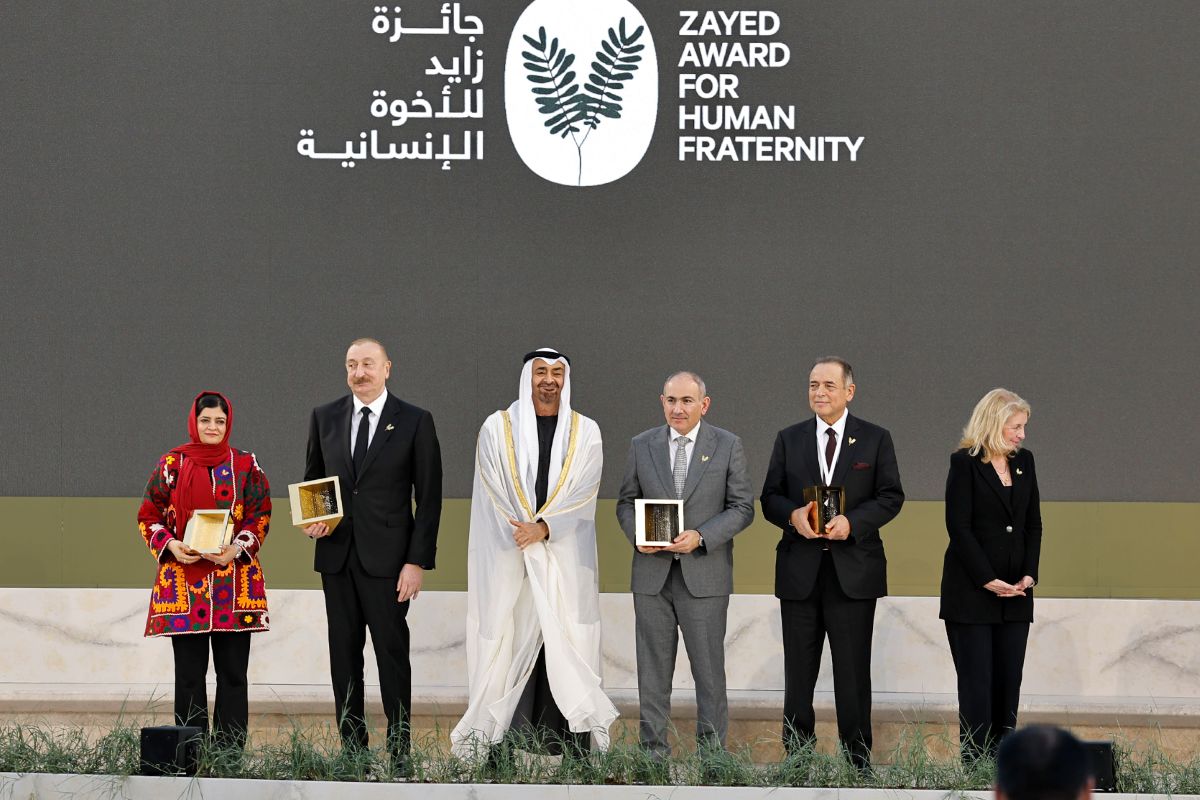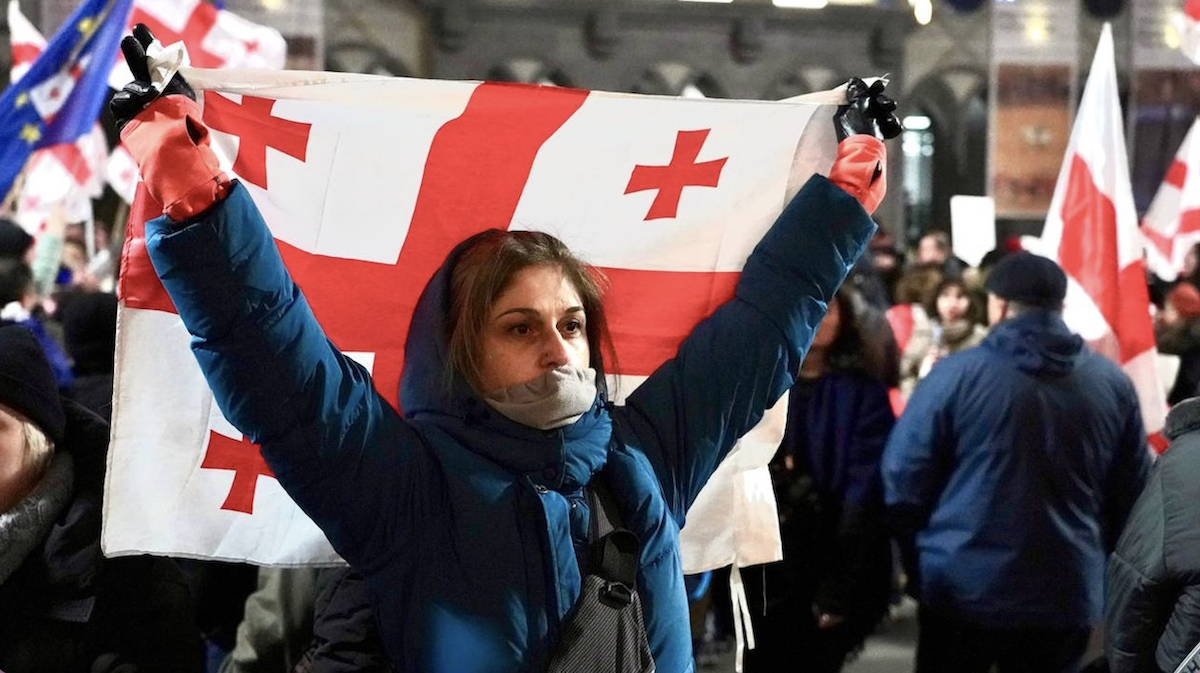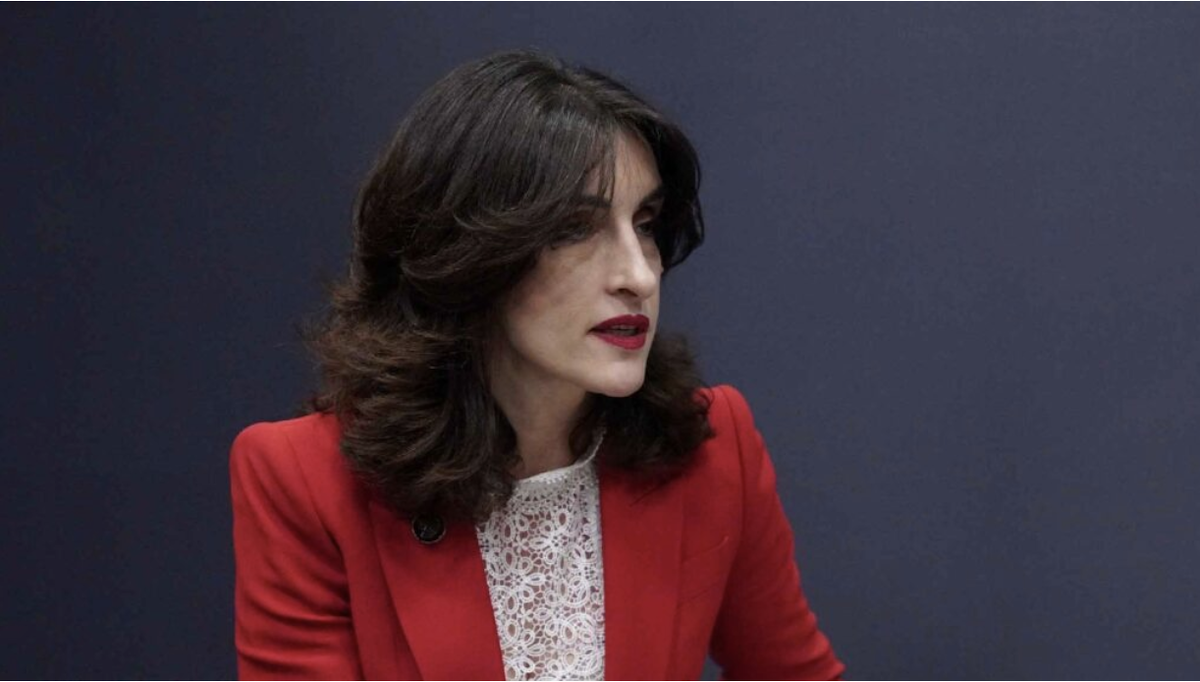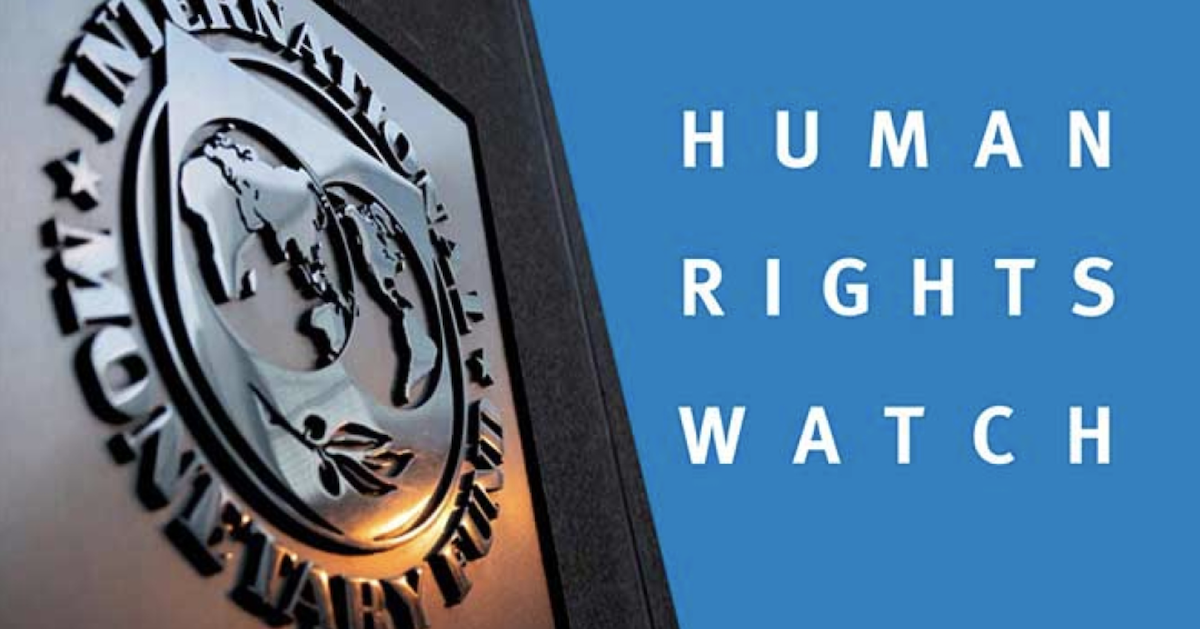Sanctions against judges in Georgia have legal and political sides - lawyer
Guram Imnadze, a lawyer at the Center for Social Justice, publishes an extensive post about the sanctions imposed by the US State Department against four high-ranking judges, explaining in detail the political and legal aspects of this decision.
Guram Imnadze:
“Impeachment of judges has legal and political sides.
From a legal standpoint, the US Embassy in Georgia and the State Department clearly state that they have enough evidence to support the involvement of these judges in corrupt activities and, therefore, they are banned from entering the States. Legally, if the Georgian side wants to know more, it has had enough time to do so. And now the relevant authorities can either start an investigation, or create a special mechanism in parliament for this, in order to study whether there is corruption and informal influence [on judges] in the judicial system.
As for the political side of the sanctions, several points should be highlighted here. The United States has provided great financial and expert support to the development of Georgian justice, and it is quite natural that they feel responsible for the current state of affairs in the judicial system.
The sanctions also prove that this is no longer the problem of a few individual judges, it will cause irreparable damage to the democratic development and political stability of the country as a whole. If in recent years informal influence, the so-called judicial “clan” and corruption in the system have been talked about evasively at the international level, from now on this conversation will become much louder.
Sanctions can have a direct impact on the judiciary itself. Firstly, this is a sign to conscientious judges who continue to work in the system (also evasive, but still) that no power and influence is eternal and sooner or later all injustice will come to an end. It is also a recognition of the courage of those judges who dared, at the risk of their lives or personal interests, to speak loudly about the criminal environment in the system.
Finally, justice has yet to be achieved through sanctions. So far, we can only talk about the symbolic side of justice, and even then only partially. It will be possible to talk about justice only when the Georgian court is completely freed from this “caste” (by the way, one of its members told us during the work of the parliamentary working group that “if the fate of the court depends on my presence or absence, I am ready to refuse robes”).
It is really symbolic for members of the Georgian Dream that they are ready to drown Chinchaladze, Murusidze, Tsertsvadze and Shengelia in the swamp,” writes Guram Imnadze.
- USA sanctions Chinchaladze, Murusidze and two other judges
- MEPs: “The cause of the decline of democracy in Georgia is Ivanishvili”
- USA sanctions Chinchaladze, Murusidze and two other judges
The US State Department imposed sanctions on judges Mikhail Chinchaladze, Levan Murusidze, Irakli Shengelia and Valerian Tsertsvadze, as well as their family members, and banned them from entering the US “due to significant corrupt activities”, as a statement by Antony Blinken reads.
Independent experts and human rights activists have noted for years that Levan Murusidze and Mikhail Chinchaladze lead a powerful “clan” of judges that is blocking the reforms needed to strengthen ties between Georgia and the EU. Both judges are associated with an influential body – the High Council of Justice. It is the main supervisory body of the country’s judiciary.
The judges are also believed to be linked to Bidzina Ivanishvili, the richest man in Georgia, founder of the ruling Georgian Dream party and informal ruler of the country.
Murusidze was also distinguished by his loyalty to the previous government – he was a judge in the high-profile case of Sandro Girgvliani during the reign of ex-president Mikheil Saakashvili’s United National Movement party. Murusudze’s name is also associated with the commutation of sentences for those accused in the murder of Sandro Girgvliani.
A clause on the improvement of the judiciary was also included in the Charles Michel agreement of 19 April. Later, the US Ambassador also made statements several times. However, the government did not stop the process and continued to appoint life judges to the Supreme Court.
On October 31, the conference of judges elected two new members of the High Council of Justice: Paata Silagadze and Giorgi Goginashvili. It is believed that Silagadze and Goginashvili are members of the so-called judicial “clan” and both of them are appointed for life as judges of the Tbilisi Court of Appeal.










